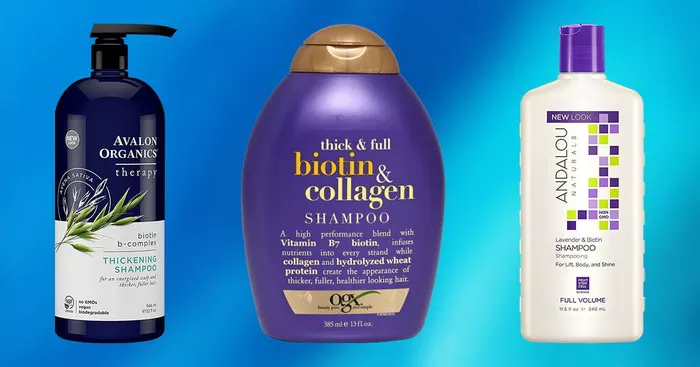While greasy hair is commonly associated with the warmth and perspiration of summer, the winter months bring their own set of challenges that can lead to an oilier scalp. If you’ve found yourself grappling with unexpectedly greasy roots despite regular washing, you’re not alone. We explore the factors contributing to winter greasiness and sought advice from hair experts on effective strategies and products to restore balance.
Understanding Winter Greasiness
Trichologist Angela Onuoha, a guest expert from Hair Proud, sheds light on the multifaceted reasons behind hair becoming oilier during winter. Central heating, prevalent in colder months, tends to reduce indoor humidity, resulting in drier air. In response to this dry environment, the scalp produces more sebum, leading to oilier hair. Angela also highlights the use of hotter water during winter hair washes as a potential culprit. The increased temperature can strip the scalp of its natural oils, prompting an overproduction of sebum to compensate.
Seasonal stress adds another layer to the equation. Angela notes that elevated stress levels in winter can increase cortisol levels in the body, boosting oil production and contributing to greasier hair and scalp. Additionally, the winter wardrobe, featuring hats, beanies, and scarves, can trap sweat, exacerbating the greasiness.
Combatting Winter Greasiness: Expert Advice
Anabel Kingsley, Brand President and Consultant Trichologist at Philip Kingsley, recommends providing extra care to the scalp during winter. For those experiencing oilier, flaky, and itchy scalps, targeted products designed to rebalance the scalp’s microflora can be beneficial. This includes daily itchy scalp shampoos or weekly anti-microbial soothing scalp masks.
Angela advises against over-cleansing the hair in response to winter greasiness, as excess washing can dry out the scalp, triggering more sebum production. Instead, she suggests opting for a hydrating shampoo without sulfates, as sulfates can strip natural oils from the hair. Investing in a clarifying shampoo is also recommended to eliminate sweat, pollution, and dead skin cell buildup contributing to greasy hair.
Crucially, both experts stress the importance of allowing shampoos the time they need to work effectively. Angela recommends leaving the shampoo on for a few minutes to ensure it lifts dirt from the scalp and thoroughly cleanses. To enhance the cleansing process, Angela and Anabel advocate incorporating a scalp brush into the haircare routine. This not only provides the shampoo with ample time to work but also aids in gentle exfoliation, massaging, and increasing blood circulation—key elements for optimal hair growth.
In conclusion, combating winter greasiness involves a thoughtful approach to haircare, incorporating targeted products and techniques that address the specific challenges posed by the season. By understanding the unique factors contributing to winter greasiness, individuals can adopt effective strategies to maintain a healthy scalp and vibrant hair throughout the colder months.


